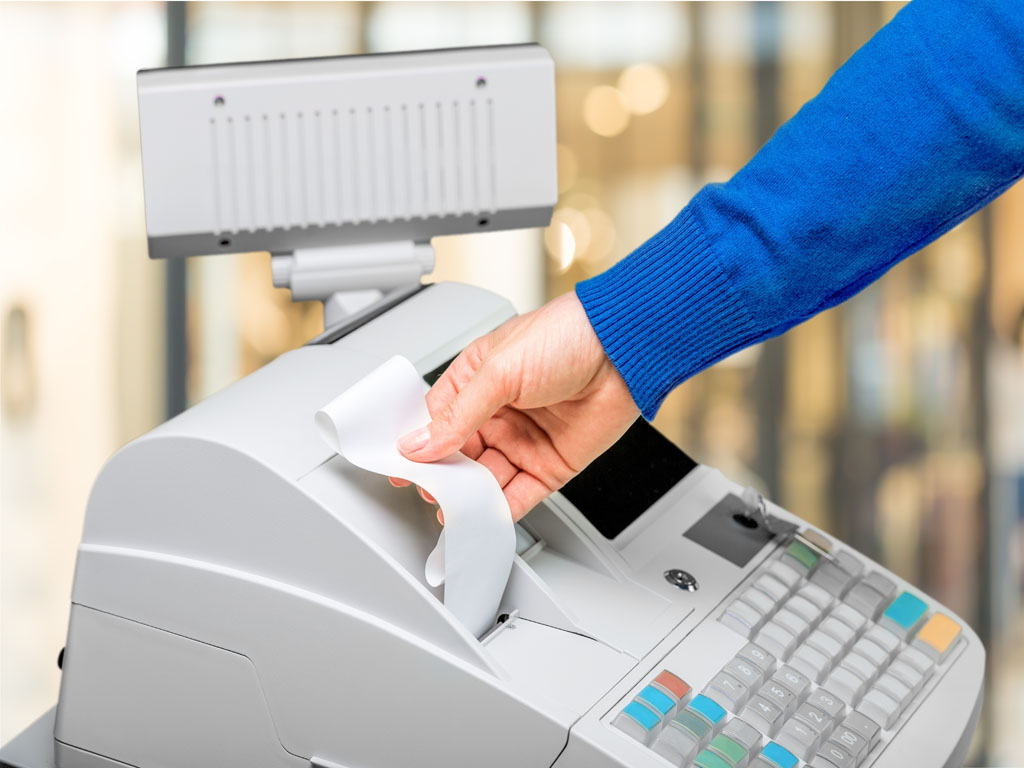Share of grey economy in Serbia lowered to 15.4% of GDP – Cashless payments reducing room for non-transparent transactions
Source: eKapija
 Sunday, 25.02.2018.
Sunday, 25.02.2018.
 12:55
12:55
 Sunday, 25.02.2018.
Sunday, 25.02.2018.
 12:55
12:55
(Photo: PureSolution/shutterstock.com)

Eight in ten companies which operated in line with the regulations in 2012 continued to do so, whereas eight in ten companies in the grey zone decided to switch to legal operations. Another piece of good news is that, compared to 2012, the number of companies not registering their employees has nearly halved, dropping from 20.5% to 10.8%. The positive result is primarily down to better business conditions, macroeconomic stability, improved operations of inspection services and a more efficient collection of taxes, the authors of the survey claim.
Although this causes optimism, what’s worrying is that these results pertain only to registered business entities and that each third company still operates within the grey zone. Unregistered companies, which make up more than 17% of the total number of business entities in Serbia, also contribute significantly to this.
A more detailed analysis of the survey shows that the dominant forms of employment outside the regulations are employment without contract and cash-in-hand payment. Of each RSD 100 earned by working in the grey zone, as much as RSD 62 comes from non-registered wages. The rest, RSD 38, comes from evasion of the registration of the sale of goods and services, that is, the profit.
The analysis also shows that businessmen are more inclined to operate within the grey zone than business entities, as are companies without employees or those doing business with related persons.
Working in the grey zone is predominantly seen as “a survival strategy” and the data show that the likelihood of a company operating with losses being in the grey zone is twice as big as that for companies operating with success. For this reason, one of the important aspects of countering the grey economy are positive measures. For example, the state provides a two-year exemption of tax payment for a total of ten employees to beginners in business which meet certain criteria.
– If they succeed, it benefits both them and the state, as tax collection begins in the third year – Prime Minister Ana Brnabic explains. If, on the other hand, they fail, she adds, “at least they’ve tried. That’s a good outcome as well. When it comes down to it, it is necessary to have people stop fearing failure, which is still quite present”.
– We hope that the effects of tax exemptions for beginners in business would enable us to expand the measure to new categories – Brnabic says and adds that there are many incentives which are not just financial and which relate to an improvement of the business environment. She also says that, if positive effects in countering grey economy are visible, there will be even greater measures of tax exemption.
The grey economy survey carried out by NALED in Serbia in 2017, with the support of the German Corporation for International Cooperation (GIZ), also offers recommendations for reducing the grey economy.
In this context, a special emphasis is placed on improving the economic position of companies through improving the regulatory environment, reducing informal employment and improving the efficiency of inspection services.
– Improving inspection supervision to the end of detecting unregistered companies needs to be the head priority of the new action plan of the National Program for Suppressing the Grey Economy, as does a more efficient processing of such behavior, as only one in four businessmen believe that operating in the grey zone will be penalized at the moment – says Goran Kovacevic, Vice Chairman of the Board of the NALED. It is said that the strengthening of the tax culture through media campaigns oriented towards raising awareness of the negative effects in the grey economy in both the citizens and the business sector could also play a big role in this.
(Un)clear effects of fiscal receipt sweepstakes
One of these campaigns had its first edition in 2017, namely, the Take the Bill and Win sweepstakes, the second round of which began recently. In its first editions, state representatives say, “it contributed to having over 90% of the citizens of Serbia understand what the grey economy is and how it harms them in everyday life”.
(Photo: Ivana Vuksa)

As said at the time, more precise data will be available once the information system is upgraded and once the software enables a direct real-time connection between tax payers and tax collectors.
Nenad Mijailovic, State Secretary at the Ministry of Finance, says that this is very complex software, which signalizes potential issues and things to pay attention to based on enormous amounts of data gathered from all fiscal cash registers.
– It’s not so important to have a link to each fiscal cash register in Serbia in real time as it is important what you do with the data you collect – he says and explains that “we can log onto each fiscal cash register in Serbia and see what is going on in each store, but without analyzing the data, there’s no informational value to them”.
One of the measures the Ministry of Finance is working on is the enhancement of cashless payment as part of the struggle against the grey economy.
– We are thinking about “tying” fiscal cash registers to POS terminals and thereby enabling payment by card wherever there are fiscal cash registers – Mijailovic says and reminds that the “cash back” option has recently been implemented in retail outlets, enabling customers to withdraw cash along with paying by card.
Fiscal cash register manufacturers offering help to the state
On the other hand, manufacturers of fiscal cash registers expect to be more actively involved in decision-making, because, as Galeb Group says for eKapija, they have “direct access to the field, real situations and the accompanying problems”.
(Photo: Billion Photos/shutterstock.com)

Let us remind that the state announced the adoption of a new fiscal cash registers law last year, which caused employer and accountant associations, among others, to express their dissatisfaction.
Galeb believes that the current system is good and better than many solutions implemented in the region, but that there is still room for improvement.
– Propositions of concrete solutions for this long since announced online fiscalization have not yet been mentioned – they say and add that “a frequent mistake is to confuse the word ‘online’ with the Croatian model, which has proven to be a very bad solution”.
As they explain, although no concrete solutions have been presented yet, making it difficult to discuss expenses, it is clear that the implementation of online fiscalization would mean that a large number of fiscal cash registers would have to be replaced or upgraded.
Finally, Galeb Group says that the human factor is the best way of preventing any kind of misuse, including that related to fiscal systems.
– All the data, hardware and software protection are that much more effective if there are people there who are able to monitor everything that’s happening and use their knowledge to provide suggestions as to how to resolve the issue of the misuse of fiscal systems – Galeb says.
M.V.
Companies:
 Vlada Republike Srbije
Vlada Republike Srbije
 NALED Beograd
NALED Beograd
 GIZ Beograd
GIZ Beograd
 Ministarstvo finansija Republike Srbije
Ministarstvo finansija Republike Srbije
 Poreska uprava Srbije
Poreska uprava Srbije
 Galeb group d.o.o. Beograd
Galeb group d.o.o. Beograd
Tags:
German Corporation for International Cooperation
GIZ
Galeb Group
grey economy in Serbia
cashless payment
fight against grey economy
Way out of the Grey Economy
grey zone
grey market
tax collection
tax payment
registering sale of goods and services
Ana Brnabic
tax exemptions for beginners in business
Goran Kovacevic
take the Bill and Win sweepastakes
fiscal receipts
Nenad Mijailovic
fiscal cash registers
fiscal cash register
POS terminals
payment by card
payment cards
fiscal cash register manufacture
fiscalization
online fiscalization
law on fiscal cash registers
Comments
Your comment
Most Important News
Full information is available only to commercial users-subscribers and it is necessary to log in.
Follow the news, tenders, grants, legal regulations and reports on our portal.
Registracija na eKapiji vam omogućava pristup potpunim informacijama i dnevnom biltenu
Naš dnevni ekonomski bilten će stizati na vašu mejl adresu krajem svakog radnog dana. Bilteni su personalizovani prema interesovanjima svakog korisnika zasebno,
uz konsultacije sa našim ekspertima.


 Izdanje Srbija
Izdanje Srbija Serbische Ausgabe
Serbische Ausgabe Izdanje BiH
Izdanje BiH Izdanje Crna Gora
Izdanje Crna Gora


 News
News






